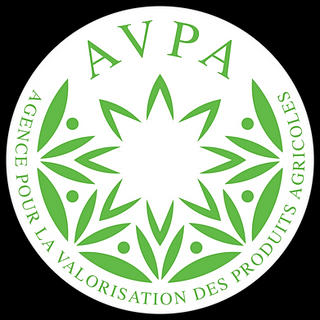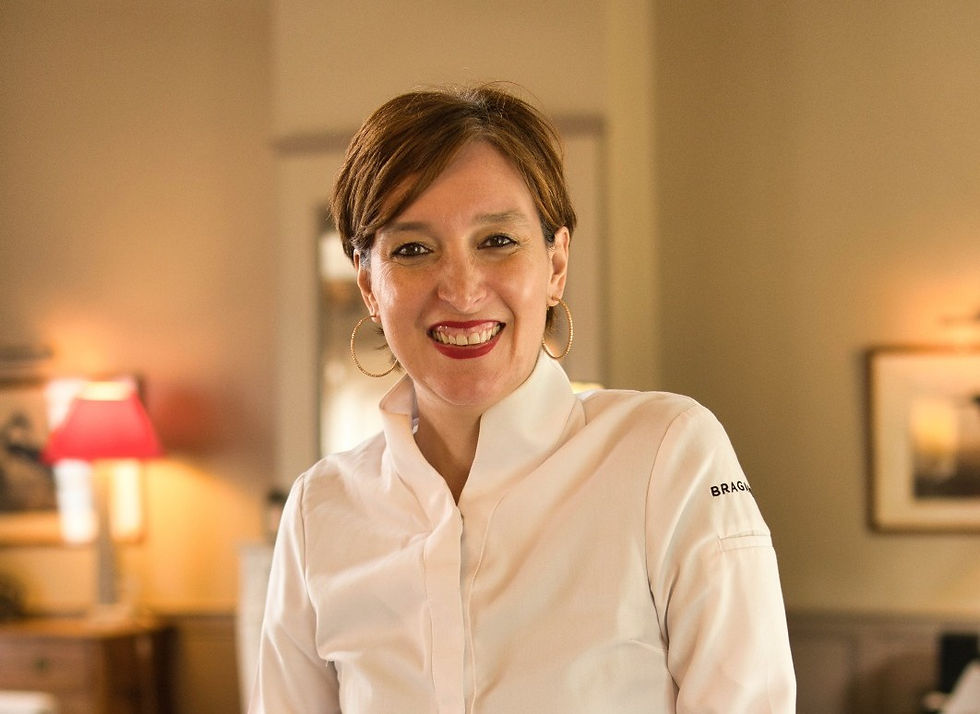Back from Kinshasa
- Philippe Juglar
- Jan 18, 2019
- 4 min read
Updated: Feb 5, 2019
You always arrive in a producing country with a fair share of clichés and preconceived ideas. That is why I was a tad anxious about what I would find in the Democratic Republic of the Congo. What can you expect from a country which image is marked by violence, epidemics, and, so it seems, barely kept afloat by international organizations?
Yet, once again, the magic happened. The proficiency of our local partners, the beautiful scenery of the coffee lands, the kindness of the farmers we met, the smiles on their faces, all contributed to giving the Congo an image truly different from the one broadcasted in Europe.
Of all the countries I have ever been to, the DRC is in all likelihood the one where the contrast between the constructed portrait and the actual reality is the largest.
The first thing that catches the visitor by surprise is the significant presence of international organizations, governmental or not. Needless to say, our hosts had us stay in high-quality accommodation properties. Their parking lots were filled with gleaming SUVs belonging to the NGOs of the world over. They probably spend their time traveling across the country in order to witness acts of political violence, that were surprisingly absent despite the now completed presidential election. Or maybe to report an outbreak of the Ebola virus, fortunately sufficiently confined to leave the rest of the country unaffected. Or to denounce the poverty, still way too present, that the international assistance never managed to eradicate, except maybe among the collaborators of those very same NGOs.
Luckily, with time the Congolese people have learnt how to withstand that often overwhelming and sometimes patronizing presence. Through a combination of humor, expertise and dedication, they are working towards the reinstatement of a coffee production, which has also been identified as a rural development tool, in the manner of the grandfather of the happy winner of the latest AVPA competition, Nsaba Rwakabuba. The only possible hazard would be to revive the often-heard pipe dream of rebuilding the great coffee sector of the 1960s. The world has changed, and if the coffee from the DRC has a chance to step in the world’s best coffee scene, it will be according to the rules of the 21stcentury…
But the potential is there… And what a potential! The Kivu region is a well-known origin among the former coffee professionals. Even if it undoubtedly went missing from the international markets, it is still here with its identity and its exceptional landscapes. Outside of Goma, the traditional areas of the DRC also revived their production, now offering robustas, washed or natural, which will undoubtedly catch the attention of the operators as soon as logistics and sales get set back up…
Please rest assured, as I take a look at this new generation of Congolese people which is taking control of the business and which is particularly well represented among our partners at Stones and associates, this will not take long!
On arrive toujours en pays producteur avec ses clichés et ses préjugés. J’étais ainsi un peu inquiet de ce que j’allai trouver en République Démocratique du Congo. Qu’attendre de bon d’un pays dont l’image est marquée par la violence, les épidémies et, semble-t-il, soutenu à bout de bras par des organisations internationales ?
Heureusement, encore une fois, la magie a opéré. La compétence de nos partenaires locaux, la beauté des paysages caféiers, la gentillesse et le sourire de caféiculteurs rencontrés ont fonctionné pour donner de ce Congo une image bien différente de celle projetée en Europe.
De tous les pays que j’ai pu visiter c’est sans doute en RDC que j’ai constaté le plus grand écart entre la réalité perçue et l’image convenue !
Le premier étonnement du visiteur est la présence prégnante des organisations internationales, gouvernementales ou non. Nos hôtes nous avaient évidemment logés dans des établissements de qualité. Leurs parkings étaient remplis des rutilants 4x4 de toutes les ONG du monde : elles sillonnent le pays sans doute à la recherche d’une violence politique, étonnement absente des élections présidentielles en cours, d’une avancée d’Ebola, heureusement suffisamment confiné pour que la vie du reste du pays n’en soit pas affecté, ou peut-être d’une pauvreté, toujours trop présente, mais dont l’assistance internationale n’a jamais permis l’éradication, sauf peut-être pour les collaborateurs des ONG concernées…
Heureusement, les congolais ont appris à résister à cette présence souvent envahissante et un peu condescendante. Avec humour, compétence et dévouement ils travaillent à réhabiliter une production caféière qui a aussi été comprise comme un instrument de développement rural, à l’instar du grand père de notre heureux gagnant, Nsaba Rwakabuba. Le seul risque peut-être serait l’utopie de reconstruire la grande filière caféière des années 60. Le monde a changé et si le café de RDC peut à nouveau entrer dans l’univers international des grands cafés, ce sera selon les règles du jeu du vingt et unième siècle….
Mais le potentiel est là…et quel potentiel ! Le Kivu est une origine bien connue de tous les anciens professionnels du café. S’il a sans doute trop disparu des marchés internationaux, il est toujours là avec son Identité et ses paysages exceptionnels. En dehors de Goma, les bassins traditionnels de RDC ont aussi relancé leur production proposant aujourd’hui des robustas, natures ou lavés, qui ne pourront que retenir l’attention des opérateurs dès lors que logistique et commercialisation se réorganiseront….
Et, croyez-moi, si je n’en reste qu’à cette nouvelle génération congolaise qui arrive aux affaires, cela ne tardera pas trop !











Comments